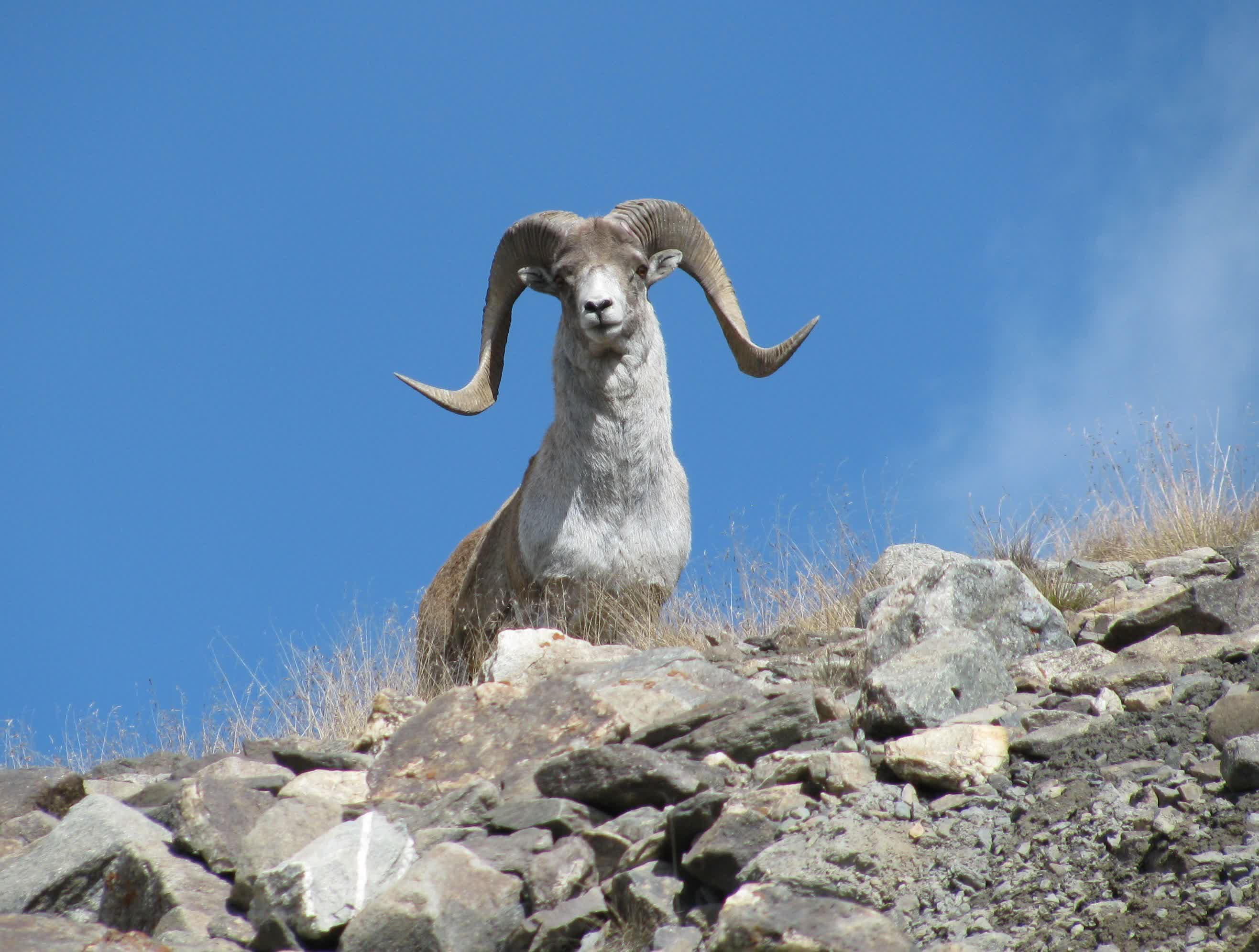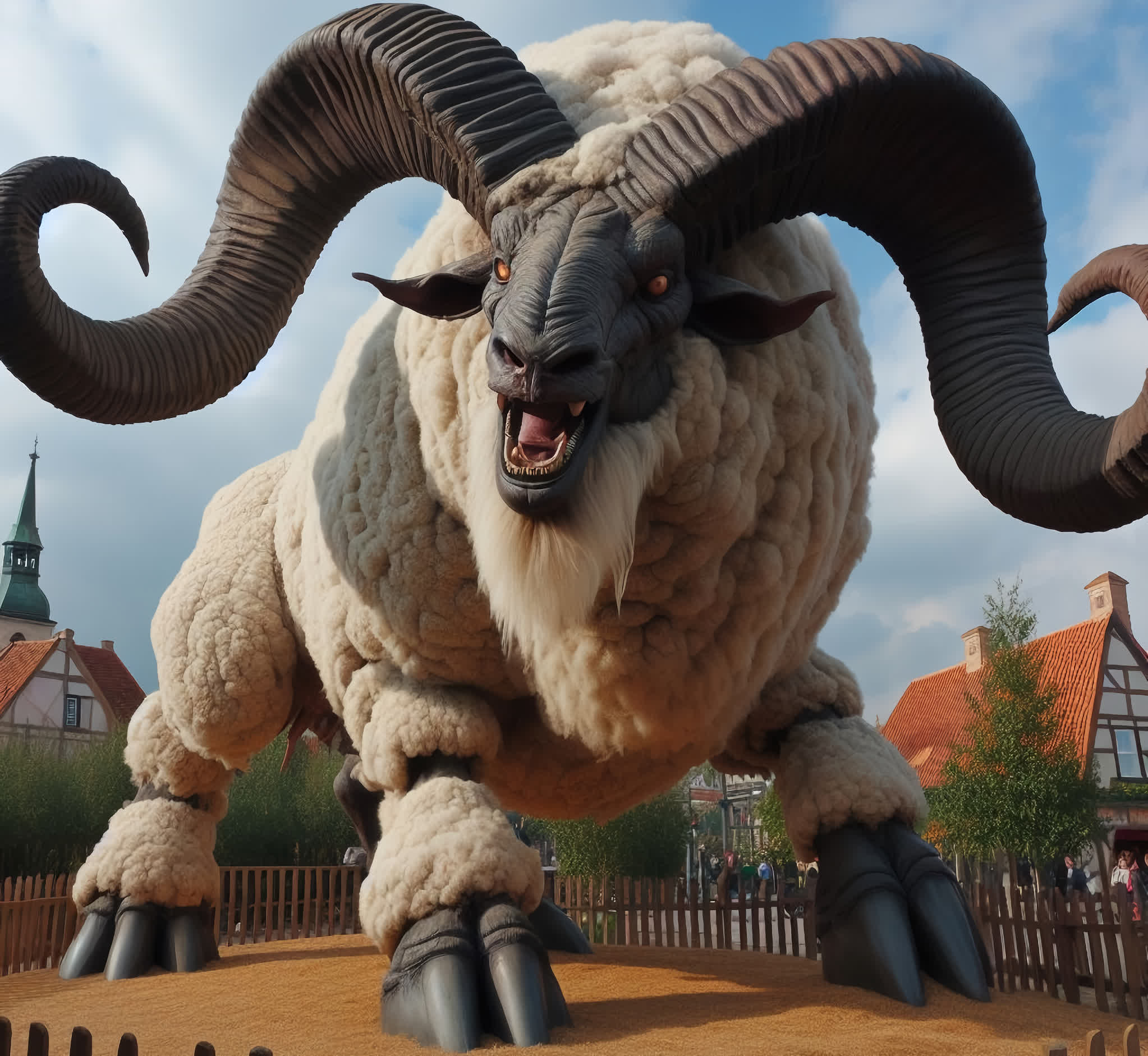WTF?! In a case of a home (farm?) scientist who tried to play God, an 80-year-old Montana rancher has pleaded guilty to a near decade-long attempt at creating a giant sheep hybrid with the aim of selling the gargantuan animal so it could be hunted.
Arthur "Jack" Schubarth of Vaughn, Montana, is the owner and operator of Schubarth Ranch, which purchases, sells, and breeds "alternative livestock" such as mountain sheep, mountain goats and various ungulates. His main customers are captive hunting operations, aka shooting preserves or game ranches.
Having possibly watched one too many horror movies, Schubarth and at least five other individuals decided to try to create a much larger hybrid species of sheep between 2013 and 2021, the idea being that it would bring higher prices from the shooting preserves.
Possible Frankenstein fan Schubarth began his abominable quest by shipping parts of the largest sheep species in the world, Marco Polo argali (Ovis ammon polii), from Kyrgyzstan into the US, which he did without declaring the importation. The average male of the species can weigh more than 300 pounds, with horns stretching more than five feet in length – not the sort of thing you'd find at a petting zoo, basically.

Marco Polo argali are also protected internationally by the Convention on International Trade in Endangered Species, domestically by the US Endangered Species Act, and are prohibited in the State of Montana to protect native sheep from disease and hybridization, writes the Department of Justice.
Ignoring the risk that he could create an ungodly monster that might destroy mankind, Schubarth sent the genetic material from the Marco Polo argalito a lab to create cloned embryos. Schubarth provided a deposit of $4,200 for the cloning in 2015 and received 165 cloned embryos on November 22, 2016.
The rancher then implanted the embryos in ewes on his ranch, resulting in a single, pure genetic male Marco Polo argali that he named "Montana Mountain King" or MMK.
MMK's semen was used to impregnate ewes of other species, all of which were prohibited in Montana, in the hope of creating larger, more valuable hybrids for hunting.
To sell these genetically confused sheep and move them in and out of the state, Schubarth forged veterinary inspection certificates. MMK semen was sold directly to sheep breeders in other states so they could start their own hybrid farms.
"In pursuit of this scheme, Schubarth violated international law and the Lacey Act, both of which protect the viability and health of native populations of animals," said Assistant Attorney General Todd Kim of the Justice Department's Environment and Natural Resources Division (ENRD).
For each felony count, Schubarth faces a maximum penalty of five years in prison, a fine of up to $250,000, and three years of supervised release.
